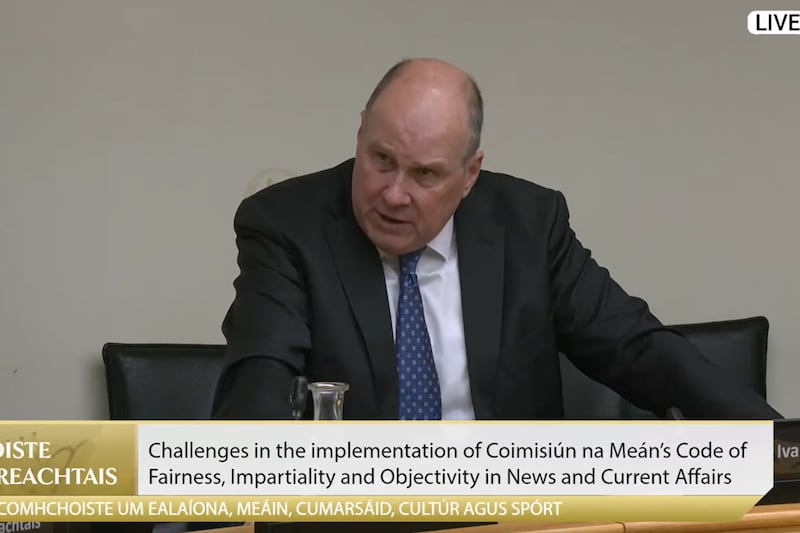Germany 5-1
Who are they?
The defending champions are second favourites only to Brazil to retain their crown and they showed at last year’s Confederations Cup that they can lift trophies even with their second team.
Since losing to France in the semi-finals of Euro 2016, Joachim Low has overseen a period of transition which appears to have been successful with a seemingly endless stream of hugely talented youngsters coming off the Bundesliga production line. Ruthlessly detailed in their approach, Germany make use of one of the most advanced data systems in world football to plot their way through games with set pieces being their biggest threat. If they were to win this World Cup they would draw level with Brazil on a record five titles each.
World Cup moment
With four Jules Rimet trophies to their name it’s hard to pick one specific moment that stands out for Germany but, in recent memory, one game does more so than others.
That game is the semi-final in 2014 when, on Brazilian soil, they embarrassed and humiliated the hosts with a rampaging 7-1 win which saw them 5-0 up after just 29 minutes. The result sent shockwaves through world football and essentially resulted in a period of national mourning in Brazil. The same two teams could potentially meet in the second round of the tournament this year in what would be the tastiest of rematches.
How did they get here?
With absolute ease. Germany finished Group C with a 100 per cent record, beating Northern Ireland, Czech Republic, Norway, Azerbaijan and San Marino at home and away. They conceded only four goals and scored 43: the highest total in all European groups alongside Belgium. In the middle of that was their Confederations Cup triumph. Put simply: since that loss to France at Euro 2016 they have been virtually unbeatable.
The gaffer
Joachim Low is now in his 12th year as Germany manager and has overseen very steady progress since their semi-final disappointment under Jurgen Klinsmann in 2006. The 68-year-old has a win percentage record of 66.25 in his time as national team manager and could write his name in history this year if he leads them to back-to-back World Cup wins.
The main man
Think of any great team littered with superstars down the years and there is always one thing in common – a top-class midfielder who can be relied on to make everyone tick. In this Germany team that man is Toni Kroos. The Real Madrid midfielder has operated at the highest of levels for years now, appearing in seven consecutive Champions League semi-finals. He was man of the match in the 7-1 thrashing of Brazil four years ago and his range of passing is a joy to behold. Keep him fit and Germany could lay serious claim to defending their title.

The one to watch
Germany are perhaps the hardest team in the competition from which to select just one upcoming player given the depth of talent they have coming through, particularly in midfield. However, the player who will have the most eyes on him in Russia is 23-year-old Leon Goretzka who has just completed a summer move from Schalke to Bayern Munich. The tall midfielder has already scored six times in just 14 games for Germany and his move to Bayern confirms that he is thought to be in the very highest bracket as the Bundesliga giants only sign the best when it comes to young German talent.
The verdict
Germany look to be in the friendlier half of the draw with their second-round opponents most likely to be Switzerland, Costa Rica or Serbia, all going well. After that there is a potential quarter-final meeting with England and we all know how that will go. A certain penalty shootout win would see them into the semi-finals and from there they’re in touching distance of defending their title. It’s very hard to bet against them doing it.
The squad
Goalkeepers: Manuel Neuer (Bayern Munich), Marc-Andre ter Stegen (Barcelona), Kevin Trapp (Paris St Germain).
Defenders: Jerome Boateng (Bayern Munich), Matthias Ginter (Borussia Moenchengladbach), Jonas Hector (Cologne), Mats Hummels (Bayern Munich), Joshua Kimmich (Bayern Munich), Marvin Plattenhardt (Hertha Berlin), Antonio Ruediger (Chelsea), Niklas Suele (Bayern Munich).
Midfielders: Julian Brandt (Bayer Leverkusen), Julian Draxler (Paris St Germain), Leon Goretzka (Schalke 04), Ilkay Gundogan (Manchester City), Sami Khedira (Juventus), Toni Kroos (Real Madrid), Thomas Mueller (Bayern Munich), Marco Reus (Borussia Dortmund), Sebastian Rudy (Bayern Munich), Mesut Ozil (Arsenal).
Forwards: Mario Gomez (VfB Stuttgart), Timo Werner (RB Leipzig).


















